This month we bring you news from Venezuela, Colombia, Brazil, Argentina and Chile. Highlights are:
- Venezuela – An Urgent Action calling on the government to release human rights defender Rocio San Miguel.
- Venezuela – Another Urgent Action calling on the authorities to stop withholding medical care from detainees.
- Venezuela/Argentina – Amnesty International’s submission with the Argentinean criminal court asking that it investigate crimes against humanity in Venezuela
- Colombia – An Urgent Action calling on the Attorney General to bring to justice perpetrators of threats and bombing against members of human rights NGO CREDHOS.
- Brazil – A Brazilian court has begun a trial of a Military Policeman for the 2014 killing of a Johnatha de Oliveira Lima, whose mother came to visit AIUK in 2015.
- Argentina- The new President’s plan to dismantle the anti-discrimination watchdog.
- Chile – Latest developments in disputes over fresh water, a scarce resource in the country.
VENEZUELA
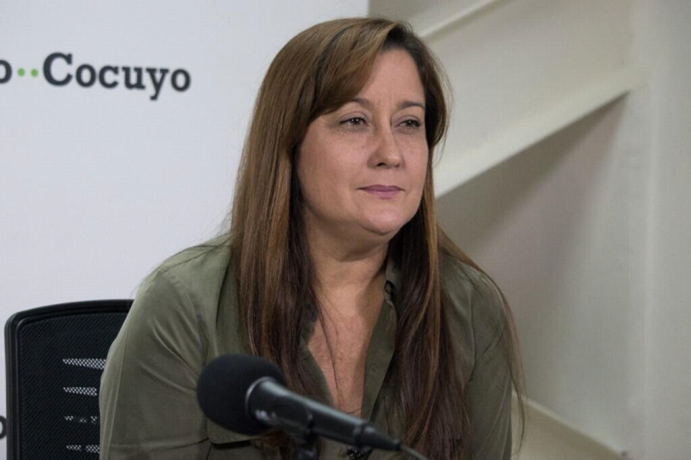
On 9th February, Rocio San Miguel, a well-known human rights defender, was arbitrarily detained at the airport in Caracas, Venezuela. Her forced disappearance follows a widely documented pattern of disappearances in the country. Rocio San Miguel was a highly prominent expert and lawyer who had been monitoring the actions of the Armed Forces in Venezuela, including alleging cases of torture, murder, and arbitrary detentions perpetrated by the state authorities.
We are calling on all those who have not done so already to sign our Urgent Action, calling for the immediate and unconditional release of Rocio San Miguel. The Action also calls for a definitive stop to the policy of repression against those considered to be opposing the government. Whilst the Attorney General’s Office publicly acknowledged her detention but has only recently provided information as to her whereabouts; her lawyers have received no response to their queries. Rocio San Miguel has had no access to family members or to legal representation.
We have issued a second Urgent Action calling for the Venezuelan authorities to stop withholding detainees’ medical care. The Action comes after the unexpected transfer of Juan Carlo Marrufo to a separate prison, almost three years into his politically motivated arbitrary detention. The authorities have continued to deny him testing and treatment. His health is declining. Juan Carlos’s wife, Maria Auxiliadora Delgado, and Emirlendris Benitez also require immediate medical tests.
Amnesty International has also filed a submission with the Argentinean criminal court asking that it investigate crimes against humanity in Venezuela. The lawsuit notes that the Venezuelan justice system has demonstrated that it has “neither the will nor the capacity to genuinely and adequately investigate, prosecute, and criminally punish the perpetrators of serious human rights crimes”. A previous lawsuit, filed in the Argentinean court in June 2023 by victims of crimes against humanity and the Clooney Foundation, had made similar allegations and was supported by Amnesty at the time.
On 15th February, the Venezuelan government announced that it was suspending the activities of the UN Office of the High Commissioner in Human Rights in Venezuela. The decision came soon after the Office expressed concern regarding the detention of Rocio San Miguel. Multiple news sources have noted a stepping up of repression ahead of the “free and fair” elections promised for later this year.
The decision also came a day after the publication of the UN Special Rapporteur on the Right to Food’s report on his recent visit to Venezuela. The UN Special Rapporteur had stated that the government food programme does not tackle the root causes of hunger and is susceptible to political influences. It had also highlighted the food security of detainees and prisoners in Venezuela, noting custody centres for those awaiting trial had become places of overcrowded, long-term detention, where detainees are not provided with any food, water, bathrooms, or healthcare.
COLOMBIA
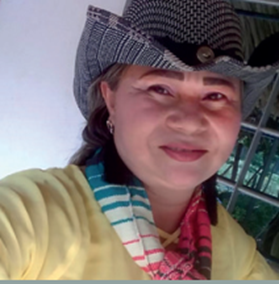
Amnesty International has issued a second Urgent Action on behalf of the Colombian human rights NGO CREDHOS. On 13 February the home of one of the members of CREDHOS suffered an attack by grenade, which injured members of the family. This new Urgent Action is directed at the Attorney General’s Office demanding that the perpetrators by brought to justice. One of the major difficulties in stopping these attacks on human rights and environmental defenders is the impunity under which they operate. It is rare indeed for anyone to be brought to justice.
The UN Special Rapporteur on the rights of Indigenous Peoples, José Francisco Calí Tzay, will conduct an official visit to Colombia from 5 to 15 March 2024. He ‘will pay particular attention to the situation of the territorial rights of Indigenous Peoples, the rights of indigenous women and children, as well as the right to participate in public affairs and to be free from reprisals for defending and promoting human rights.’ Indigenous communities are particularly vulnerable to attacks by armed opposition groups and to exploitation by companies extracting resources from their lands.
The UN’s Office of Human Rights in Colombia report that 3,301 people were forcibly displaced between 3 and 29 February 2024. The largest forced displacement was suffered by indigenous and Afro-descendant communities in Nariño department, which borders on Ecuador. They were forced off their land by fighting between armed opposition groups. Amid the fighting people fled with just the clothes on their backs. Dozens of children and the elderly were among those who fled.
Colombia’s Ombudsman’s Office issued an alert about escalating tensions between paramilitary organization AGC and Venezuelan drug trafficking organization Tren de Aragua in the capital Bogotá. In the alert, the Ombudsman’s Office said that more than a million residents of the capital are at risk of violence by gangs that work for the paramilitaries and drug traffickers. At the same time, FARC dissidents (EMC) have been giving toys to children and food baskets to parents to access potential recruits in poor neighbourhoods of the city.
Colombia will host the diversity COP 16 in October. Its Environment Minister, Susana Muhammad, told The Guardian “Although the climate is affecting biodiversity, nature is an answer to the climate crisis. It is not the only answer but it is a very important pillar and we want to position it very strongly to build towards Cop30 in Brazil.”
BRAZIL
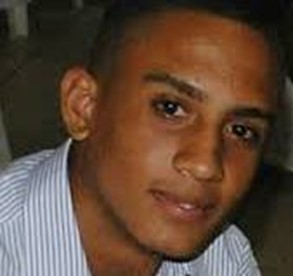
Amnesty International announces that ten years after his killing by Military Police in Manguinhos, Rio de Janeiro, a Military Policeman will face trial by jury from 5 March. Johnatha’s mother, Ana Paula, has been campaigning for justice and came to the UK in 2015, where Richard accompanied her and others to meet the Brazilian ambassador to London. Amnesty notes that the police in Rio kill someone every 8 hours and 48 minutes.
Statista reports that the police in Brazil killed 6,133 civilians in 2023, a small reduction from 2022. This compares to the 173 police officers who were killed in 2023. While the vast majority of those killed by police were Black, the absolute proportion is unknown as some states do not report the ethnicity of those killed.
Global Witness explains why the ‘Upside Down Forest’ of Cerrado, a fifth of Brazil land mass, is so important to biodiversity and global warming. Yet last year, ‘while the Brazilian Amazon’s annual deforestation rate fell by half in 2023, the Cerrado’s increased by 43%’.
Amazon Watch is supporting the Guardians of the Xingu River, in the heart of Amazonia, to defend their environment and livelihood from plans to build Brazil’s largest open-pit gold mine by Canada’s Belo Sun Mining Corporation on the banks of the river. They say that Belo Sun have tried to criminalise the Guardians, who include riverside communities, fisherfolk, small-scale farmers, Indigenous peoples, and socio-environmental activists.
ARGENTINA
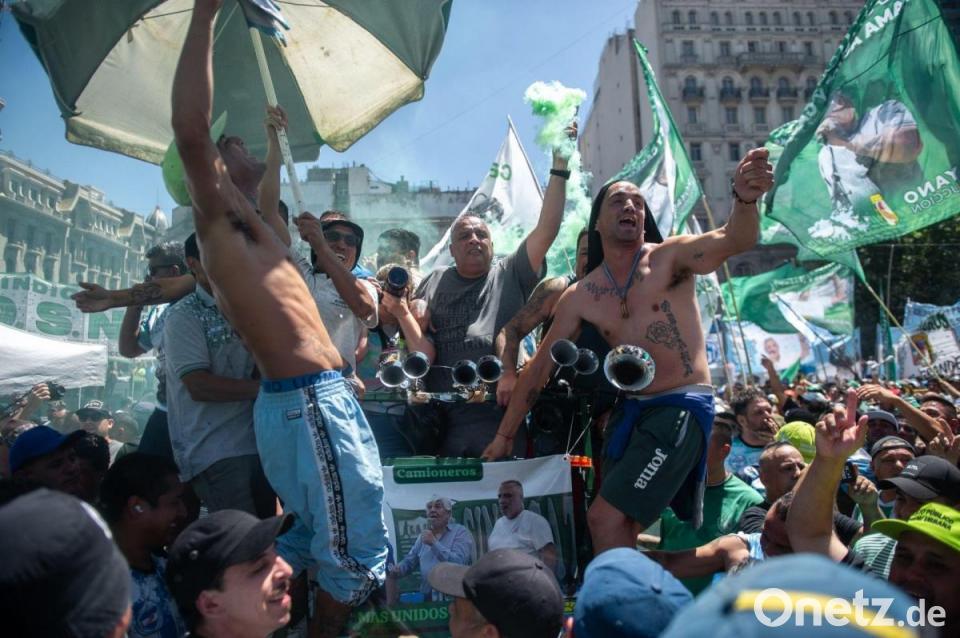
President Milei’s plans to “dismantle” Argentina’s national anti-discrimination (INADI) watchdog as part of his drive to slim down the state, saying it served “no purpose” and is one of many “pointless” agencies. Since 1995, INADI had been working to combat all forms of discrimination, xenophobia and racism, promoting federal and transversal public policies in coordination with civil society to achieve a diverse and egalitarian society.
President Javier Milei’s 646 article “Omnibus Law” Bill of economic reforms has started its progress through Congress, but suffered a setback when the lower house sent it back for further treatment by committees. The Bill includes increased penalties for protests. Meanwhile a congresswoman has introduced a new bill making abortion illegal, even in cases of rape unless a judge has previously ruled otherwise. She stated the current law providing for safe, legal, and free abortion was unconstitutional and opposite to the general feeling of the Argentine people.
CHILE
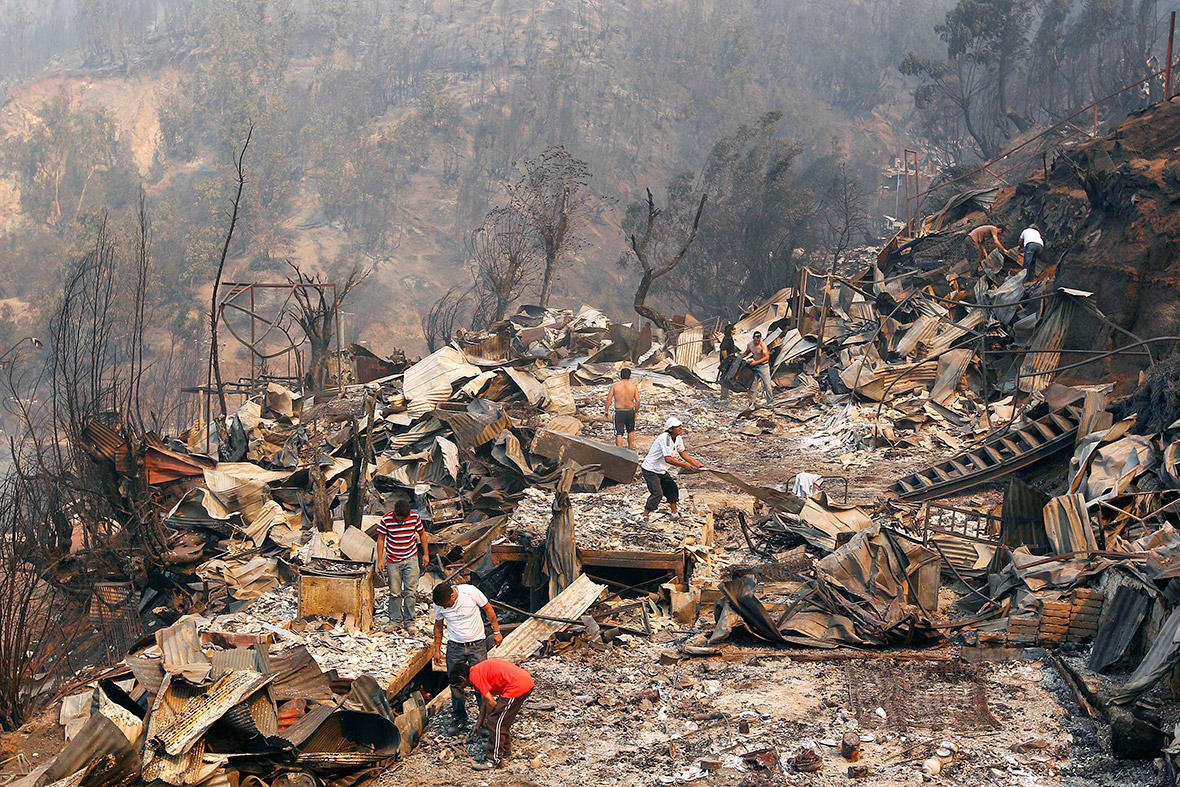
The campaign for the protection of the Women Water Defenders in Chile has now been closed by Amnesty. This is partly due to changes in the dynamics of their organisation and the risk situation of women has improved; they believe that they no longer face immediate personal threats. The three women defenders will continue their activism to defend water on different fronts and with other civil society organizations. Amnesty Chile will continue to be in contact with them individually and provide necessary support when they require it.
Water, like other essential natural resource, is managed by private entities through usage-rights purchases. This dates back to Pinochet’s 1980 constitution. Chile’s economy is built on water-intensive, extractive industries. The country is recovering from last month’s devastating fires, that left at least 133 people dead, after a heat wave (and winds) that affected Chile, Argentina and many other parts of South America; temperatures touched 48°C. The heat exacerbates the drought; over half the population live with severe water scarcity. Demand for water significantly exceeds its availability.
All the best,
South America Team – Richard Crosfield (Colombia and Brazil), David Rogers (Argentina and Chile), James Baird (Venezuela) and Graham Minter (rest of South America). And please don’t forget that you can follow us on our Facebook page and Twitter.